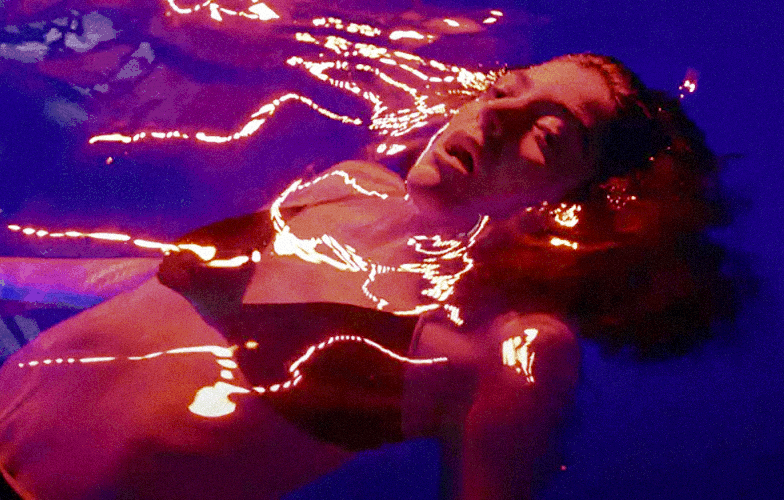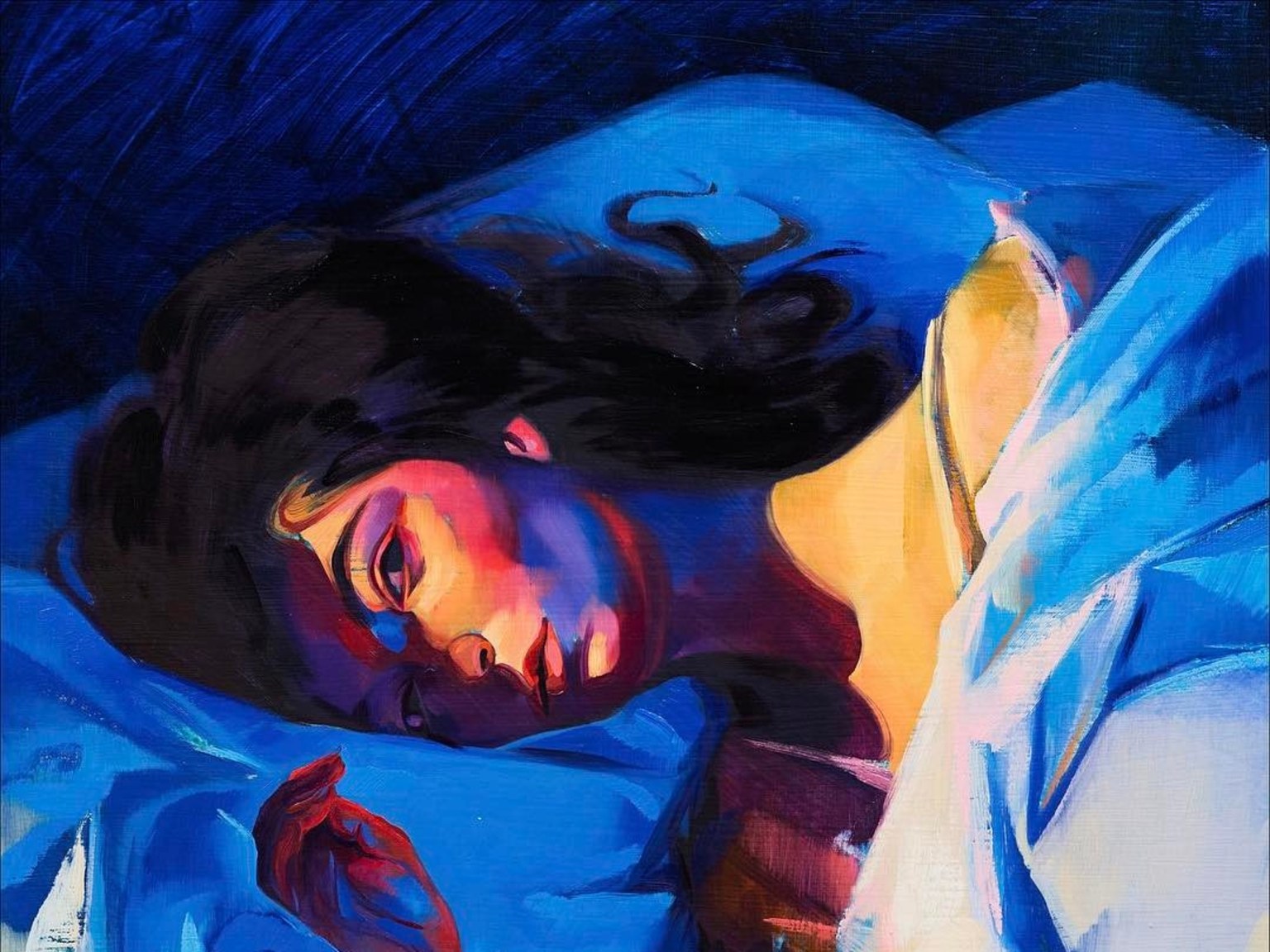
Melodrama: A True Masterpiece
9.5/10
Lorde is back at it again with her peculiar style and melodic tones.
This kind of self-help, self-care album has made Lorde make something extraordinary and authentic. The wave of emotions will truly affect you in ways you have never experienced. Lorde’s 2013 debut, Pure Heroine, was a snapshot of disaffected youth punctuated by sardonic black humor beyond her years. Functioning in a similar fashion as Adele’s numerically titled efforts, Melodrama sees Lorde on the cusp of adulthood, at a remove from the overnight stardom prompted by her first album. Fame has the potential to keep creative minds hermetically sealed away from their former lives, their worldview myopic and out of touch with the rest of society, but the opposite seems to be true here.
Whether it’s due to the consequences of that notoriety or simply the result of the inevitable maturation afforded by the nearly four years in between albums, the inner life Lorde reveals on Melodrama is richer and, in many way, more accessible that the one presented on Pure Heroine. She allows herself to be vulnerable and love-locked on songs like “Liability” and “Writer in the Dark” in ways she wasn’t able to before. The heartbreaking revelation on the former track that she’s just “a toy that people enjoy/’Til all of the tricks don’t work anymore” sucks the air right out of what’s ostensibly a totem to self-love.

On album opener and first single “Green Light”, she turns standard Taylor Swift he-said/she-said breakup fare into 12-dimensional chess: “She thinks you love the beach/ You’re such a damn liar” or “Those rumors, they have big teeth.” Musically, it’s a misshapen cheerleader chant, its irresistible rush either despite or because of that oddish key change before the four-on-the-floor chorus. Obviously, Max Martin telling her it’s composed “wrong” gave her a boner. Someone should tell her “We order different drinks at the same bar” isn’t that big a deal, though.
For its first four tracks, Melodrama achieves this balancing act as spryly as any stretch of Pure Heroine. The sparse array of bending and clicking textures in “Sober” are punctuated on “my hips miss your hips” before a, well, royal fanfare, and the music drops out entirely for a very Prince-like uttering: “Jack and Jill get fucked up and possessive when it get dark.” And on the excellent “Homemade Dynamite”, she raps like a caffeinated Lana Del Rey toward a stuttering hook over a funky-woozy Jai Paul-style beat and ad-libs an adorable mouth-explosion noise before the final chorus.
After “Liability”, nuggets of concrete living continue to surface, if less consistently: the snapshot of buying groceries on “Hard Feelings/Loveless”, not to mention the same song’s mic-drop “I care for myself the way that I used to care about you.” Probably the album’s best production, it begins with a lone crackle-snap beneath its accompanying tune and gives way to a squeaky-bedframe synth and a breakdown of chalkboard-screech noises that earn that “Loveless” subtitle more than the chant of “L-O-V-E-L-E-S-S generation” at the end.
And as with “Green Light”, the auteur uses the directorial term “supercut” to make sense of all these relationship reels on an up-and-up track of the same name, the most no-nonsense floor-ready track here. Her self-positioning in the pop world continues to be an arresting angle for the lyrical second-guessing. Lorde plays the observer more than the outsider here; Lana Del Rey lives to be onscreen while Lorde just wants to be the cinematographer. If only her interest in taking us there extended beyond each setup’s cleverness. You don’t leave Melodrama with much of an impression of who Lorde or the breaker of her heart is, just a feeling in the back of your mind that Diablo Cody could adapt these misfits’ story for some-size screen or another.
From a less metaphorical perspective, Lorde’s overreaches and missteps are just as charming as the incisive parts, so she must be an icon. The board-manning Jack Antonoff’s over-reliance on synths and clicks limits what she can do with this new maximalism, and her insistence on, well, melodrama will occasionally mar her best writing, which remains in the shadows. She’s not a liability. But she can be a forest fire.
This is a work of art.
